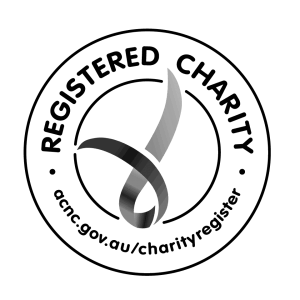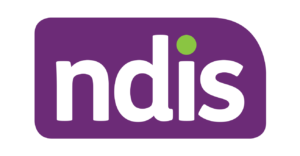Children and Young People with Disability Australia (CYDA), the national representative body for children and young people with disability welcomes the light shone by the ABC on the ongoing challenges and trauma survivors of child sexual abuse face in their recent Background Briefing program “Who seeks to profit from the trauma of abuse survivors?” (21 June 2020).
We acknowledge that the program and its contents may have brought up painful memories for survivors and those close to them, and we recognise the ongoing trauma and pain caused by historical sexual abuse.
We encourage survivors and anyone affected by child sexual abuse to access the free and independent services that are available around the National Redress Scheme, including counselling support from the Blue Knot Foundation and knowmore’s independent legal help.
Specialist disability support services are also available. CYDA, People with Disability Australia, and ADACAS provide free and confidential information and referrals for people with disability regarding the National Redress Scheme.
Throughout the course of the Royal Commission into Institutional Responses to Child Sexual Abuse, commissioners listened to the personal stories of more than 8,000 survivors and read more than 1000 written accounts. A total of 4.3 per cent of survivors told the Royal Commission they had disability at the time of the abuse.
CYDA CEO Mary Sayers says, “Simply having a disability doesn’t increase the risk of harm occurring, but the risk is increased by some of the things children and adults with disability commonly experience due to the barriers in our society – including being socially isolated, and lacking a trusted person or a way to communicate with someone who can help.
The abuse and neglect of children and young people with disability cannot be tolerated. Every child has a right to feel safe, secure and loved.”
For media enquiries call CYDA Communications Advisor Sue Tape on 0424 603 892 or email [email protected].
Independent and free services for the National Redress Scheme
The National Redress Scheme provides support to people who experienced institutional child sexual abuse. It was established following the findings of the Royal Commission.
The Scheme:
- acknowledges that many children were sexually abused in Australian institutions
- holds institutions accountable for this abuse, and
- helps people who have experienced institutional child sexual abuse gain access to counselling, a direct personal response, and a redress payment.
Free legal advice, assistance, information and referral for survivors of institutional child sexual abuse is available from knowmore . https://knowmore.org.au/services/
If you have experienced childhood trauma, you can speak with a Blue Knot Helpline trauma counsellor including for support and applications around national redress
Ph: 1300 657 380 Monday – Sunday between 9am – 5pm AEST or via [email protected]
CYDA support for the National Redress Scheme
CYDA’s work regarding the National Redress Scheme includes providing information, assistance and referral, and working closely with the operators of the Scheme and other services to ensure that the needs of children and young people with disability are met.
CYDA provides free and confidential information and assistance regarding application to the National Redress Scheme for children and young people with disability and their families and carers.
CYDA provides information and assistance to other support services to ensure that children and young people with disability are able to fully engage with the Redress Scheme.
CYDA can provide:
- further information about the Redress Scheme
- information about the application process
- connections and referrals to other services including counselling, free legal services and financial support services
- information and advice to other services to make sure that the needs of children and young people with disability are met in the application process.
Please contact us for more information.
Other free supports and services
If this material raises issues for you or someone you know, or bring to mind past experiences and trauma there are a range of other free support services available. Children and young people with disability, their family, carers and supporters might need immediate assistance, support or to talk to someone when they are ready to do so.
If you are in an emergency situation and need immediate support, please contact emergency services by calling 000 (triple zero).
For other supports, please contact one of these services:
- Lifeline: 13 11 14. Lifeline provides 24/7 crisis support and suicide prevention services.
- 1800RESPECT: 1800 737 732. 1800RESPECT provides 24/7 support for people affected by sexual assault and domestic or family violence.
- Kids Helpline: 1800 551 800. Kids Helpline provides 24/7 telephone counselling for children and young people aged five to 25 years.
- MensLine Australia: 1300 789 978. MensLine provides 24/7 telephone and online support, information and referrals for men.
- Suicide Call Back Service: 1300 659 467. The Suicide Call Back Service provides 24/7 telephone crisis support for people at risk of suicide, carers and the bereaved, as well as online information and resources.
- Beyond Blue: 1300 22 46 36. Beyond Blue provides 24/7 telephone mental health support and online chat from 4pm to 10pm AEST.
- headspace: 1800 650 890. headspace provides online and telephone support and counselling to young people aged 12 to 25 years, and their families and friends. The service operates between 9am and 1am.
Information about free and confidential services that can assist you with an application, and further information about the National Redress Scheme, can be found here.







